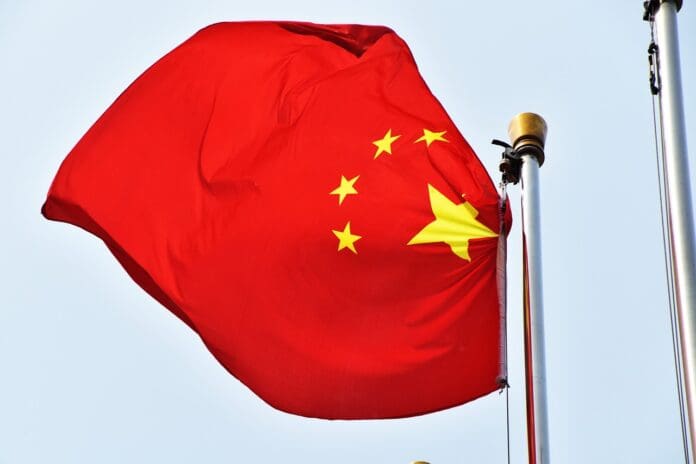This post is also available in:
 עברית (Hebrew)
עברית (Hebrew)
A recent investigation by the Tech Transparency Project (TTP) has raised serious concerns about the privacy and security risks associated with free VPN apps used by millions of Americans. According to the report, many of these popular apps are secretly operated by Chinese companies, including some with ties to China’s military. In fact, one in five of the top 100 free VPN apps in the US App Store are linked to Chinese ownership or subsidiaries, with over 70 million downloads, according to AppMagic data.
Virtual Private Networks (VPNs) are widely used to protect user privacy by masking their IP addresses and encrypting online traffic. However, if the VPN provider is compromised, user data and privacy could be at significant risk. It is widely known that China has laws that require companies to cooperate with state intelligence agencies and give them information, potentially exposing American users’ data to surveillance. The report highlights that these laws could enable Chinese intelligence agencies to access sensitive information from individuals or businesses in the US, creating potential security vulnerabilities.
Several of the identified VPN apps are connected to Qihoo 360, a company that has been designated as a “Chinese Military Company” by the US Department of Defense. These apps include Turbo VPN, VPN Proxy Master, Thunder VPN, and Snap VPN, all of which are owned by subsidiaries of Qihoo 360. Another prominent example is X-VPN, the fourth most popular VPN app in the US, which is linked to the Chinese company Chengdu Zhuozhuo Technology.
The report also uncovered numerous other VPN apps developed by companies based in Hong Kong or China, such as VPNIFY and VPN Bucks. Alarmingly, many of these apps conceal their Chinese connections through complex ownership structures involving shell companies. Despite their presence in the US and European app stores, none of these apps disclose their links to Chinese entities, raising serious concerns about transparency and trustworthiness.
Experts warn that the use of these VPNs may expose users to unwanted surveillance and data collection, as they could be compelled by Chinese authorities to share user information. While VPNs are generally considered a useful tool for online privacy, this report underscores the importance of careful vetting when selecting a provider, especially since not all apps in major app stores are necessarily secure.


























